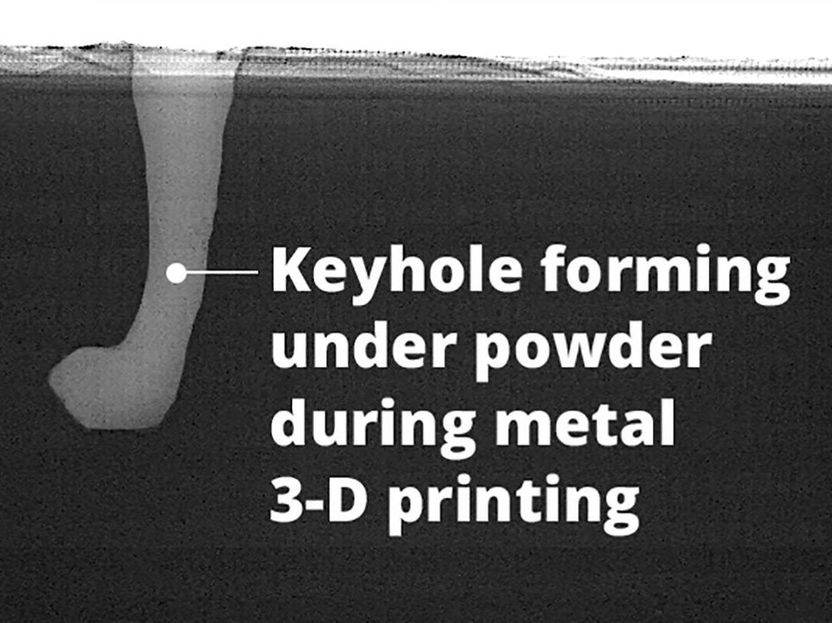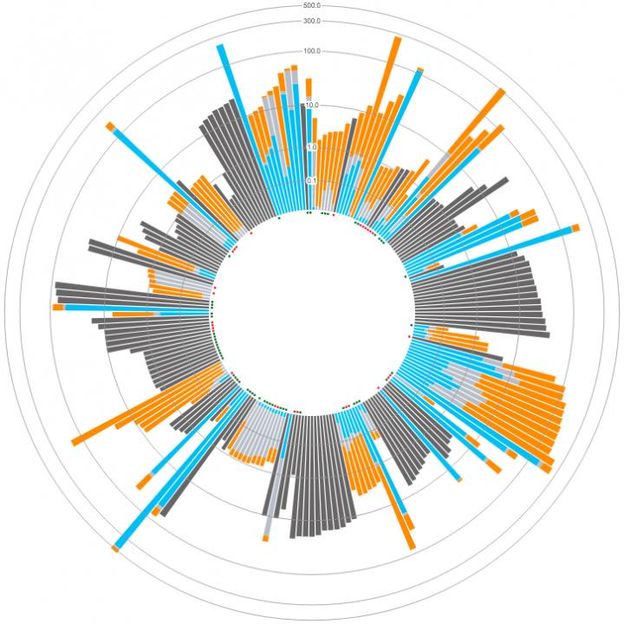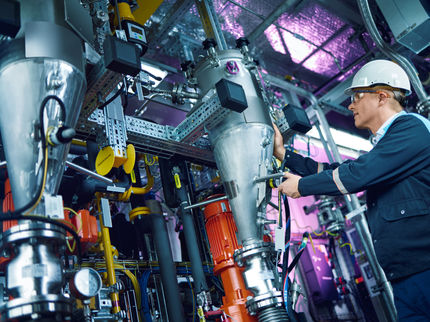BASF and eight partners cooperate to optimize production processes for renewable-based products
A consortium of companies in the European process industry from the areas of biotechnology, renewable resources, chemistry, process engineering, equipment supply as well as research organizations recently launched project PRODIAS (PROcessing Diluted Aqueous Systems). The project focuses on unlocking the potential of renewable-based products made via white biotechnology, by significantly decreasing production costs, increasing productivity and efficiency, lowering energy consumption, and accelerating process developments.
Under the consortial leadership of BASF, the partners include: Cargill Haubourdin; University of Kaiserslautern, Imperial College London, Alfa Laval, GEA Messo PT, Xendo, UPM, and Enviplan. These partners will collaborate to develop cost and energy-efficient technologies for water purification, removal and product-recovery needed to support downstream processing in white biotechnology.
Using biotechnological methods such as fermentation or biocatalysis, in most cases the renewable-based products are produced as part of complex dilute aqueous mixtures from which they have to be purified. This includes the removal of a vast amount of water, making the downstream process energy intensive as it often requires many complex consecutive separation steps and thus hampers the cost-competitiveness of products from renewable resources. Furthermore, processing methods developed for chemical production are often used which are insufficiently adapted to biotechnological processes.
PRODIAS aims to address these challenges by developing and implementing cost-effective separation and purification technologies tailored for renewable resources in white biotechnology production processes. Its focus is to adapt separation techniques to the need of white biotechnology products and to design novel hybrid systems combining individual advantages, for example, selectivity and energy efficiency. The bioreactions (fermentations) and biocatalysis by which the valuable products are produced are subject to alteration and optimization, to enable more efficient and resource-saving downstream processing.
The total project budget is about €14 million with the European Union contributing €10 million. EU funding of the PRODIAS project is enabled via the Public-Private Partnership with SPIRE (Sustainable Process Industry through Resource and Energy Efficiency). SPIRE, in turn, is part of Horizon 2020, the EU framework program for research and innovation, which runs from 2014 to 2020 and comprises an €80 billion budget. In partnership with industry, the EU will invest in innovative technologies for sustainable processes.
Most read news
Topics
Organizations
Other news from the department science

Get the chemical industry in your inbox
By submitting this form you agree that LUMITOS AG will send you the newsletter(s) selected above by email. Your data will not be passed on to third parties. Your data will be stored and processed in accordance with our data protection regulations. LUMITOS may contact you by email for the purpose of advertising or market and opinion surveys. You can revoke your consent at any time without giving reasons to LUMITOS AG, Ernst-Augustin-Str. 2, 12489 Berlin, Germany or by e-mail at revoke@lumitos.com with effect for the future. In addition, each email contains a link to unsubscribe from the corresponding newsletter.
Most read news
More news from our other portals
Last viewed contents

Causes for defects in 3D printing - Paving way for better results
Unique material could unlock new functionality in semiconductors - New ferroelectric material can be manipulated using light in previously impossible ways
Diphosphines

Micromeritics Ltd - Hexton, United Kingdom
Rubber_Elasticity





























































